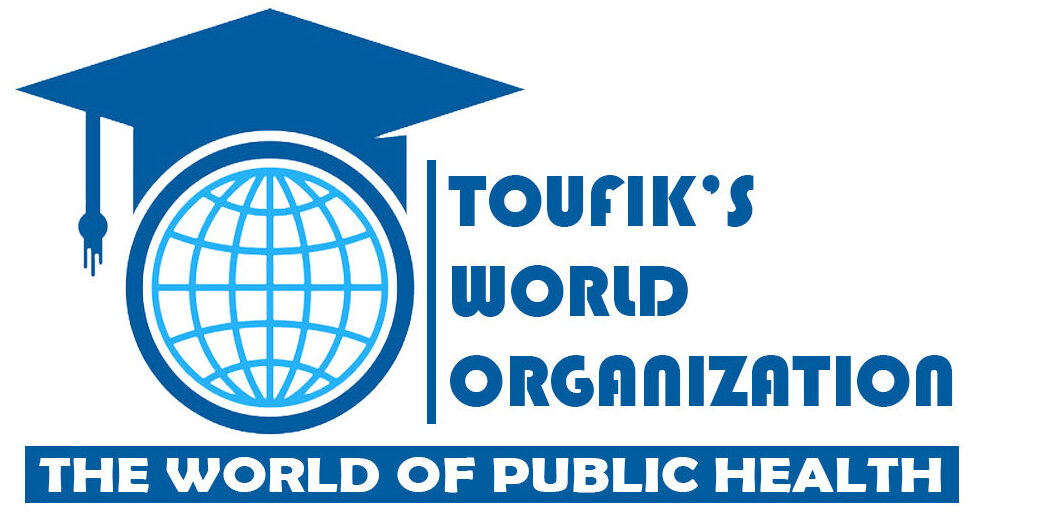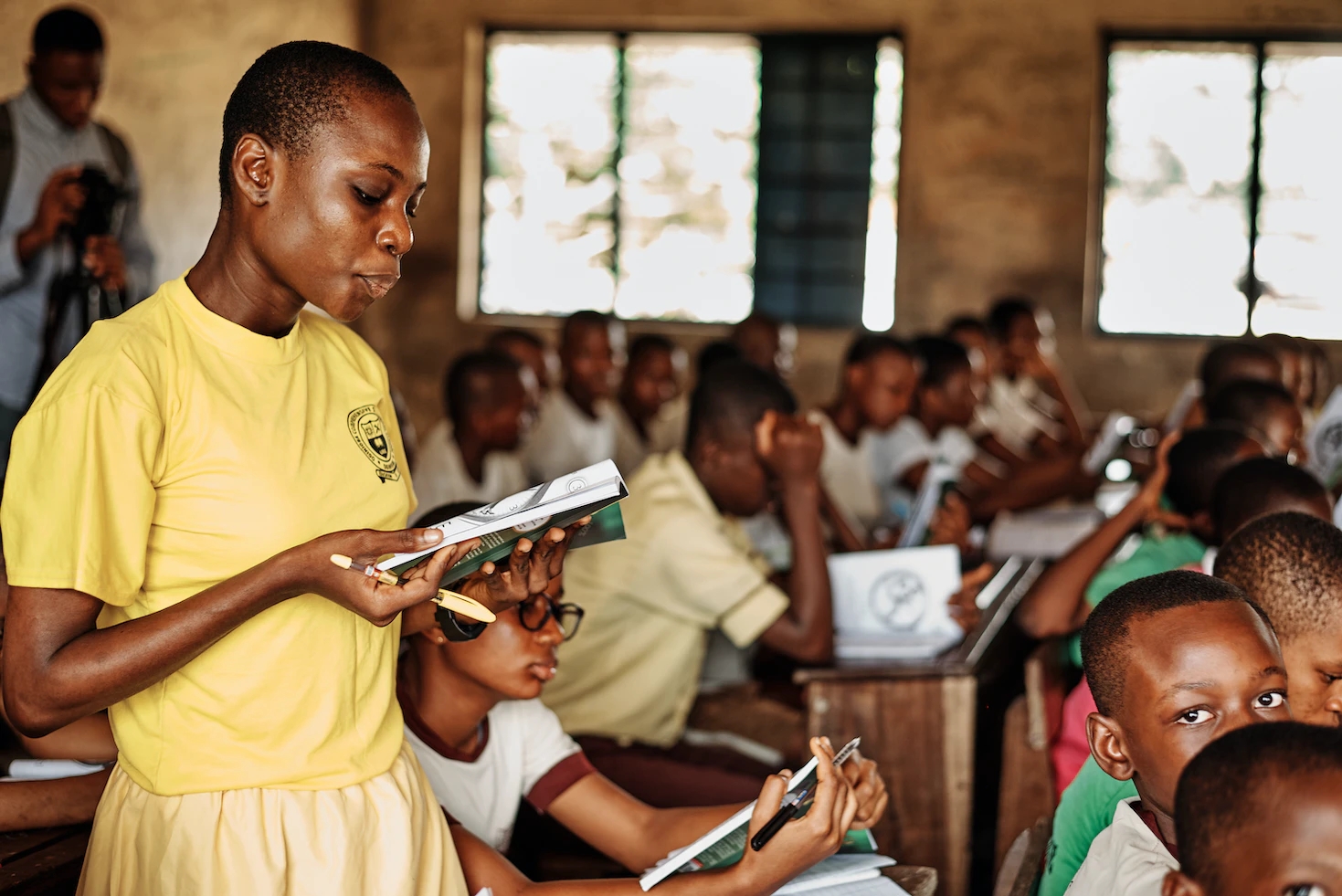Credit: Unsplash
This article was written for Toufik’s Guide Magazine by Patience Machayi. Statements or opinions expressed in this content strictly reflect the views of the author and not that of Magazine’s.
Angola (located in southern Africa) considers education a key to lifelong opportunities. Scores of its population believe childhood is the best time for learning. For a long time now, the government has made considerable efforts to improve the accessibility and quality of education, especially for primary-school-aged children [1].
Equity, Quality, and continuity remain major determinants of a good education system. For many, these are distant dreams. The education system is in a dire state all over the country. Its standards do not offer a ray of hope in learning. School Enrolment of the relevant age groups was up to 80 percent in 1980, but by the year 1984, it had fallen to 49 percent due to austerity measures and population increase [1]. Since 1980, education funding has been low, resulting in the need for facilities, materials, and qualified teachers. Civil war has consumed most of the country’s financial gains. Of the US$2 billion the government earned in oil and diamond revenues in 1996, US$1.5 billion was spent on arms and military equipment [1]. After the gain of independence, Angola declared free education policy but In 2001, the Ministry of Education announced that it would require a “symbolic payment” for public education[1] thus further reducing the accessibility to education for individuals who couldn’t initially afford it.
Challenges like Inadequate schools in rural areas and huge numbers of children in one classroom still exist in the system and needs urgent attention. Students are forced to learn from outside where there’s noise, dust, the scorching heat of the sun, and sometimes due to bad weather school is cancelled. These factors may have an effect on the students’ mental health and zeal (attitude) towards education. Another is the lack of facilities and materials. For example; In some schools, students are required to bring their own chairs or stools and buy textbooks that would be used during studies. Having an outdated curriculum is another factor. Students are educated in the Portuguese language and culture without the adoption of any other foreign language limiting them to only the Portuguese system. The quality of education is directly proportional to the quality of educators. If not tackled early, these may result in an increased number of graduates but decreased qualified employees.
Despite the challenges, the government continues to work on alleviating these barriers. A national educational reform program was launched, supported by the Ministry of Education as it formulated its National Strategy on Literacy and School Recovery [2]. They work to bring literacy groups together to explore new opportunities, help strengthen the capacity of institutions and teachers to deliver better education, thus meeting the challenge of SDG 2 [2]. Furthermore, the Angolan government announced the training of over 40,000 education professionals across the country with the view of boosting their skills.
To address the issues, the government must focus on reducing the margin between education in the rural and that of the urban. Investing in education facilities like learning materials and teachers with very few qualifications can curd the harsh learning environment and help improve the learning conditions. Asides from building schools, the government must focus on building a strong curriculum that is widely recognized. Study shows that students that speak English or have a second language have a better chance of exposure and adaptation to the international system. The system must be inclusive.
Commitment to improving education and literacy in Angola by both the Angolan government, international organizations like UNICEF, and the populace itself offers hope that progress will continue to be made and that literacy and school attendance rates will continue to ameliorate.
References
- Angola – educational system-overview. StateUniversity.com. (n.d.). Retrieved January 23, 2022, from https://education.stateuniversity.com/pages/34/Angola-EDUCATIONAL-SYSTEM-OVERVIEW.html#:~:text=Marxism%2DLeninism%20was%20declared%20the,age%20eleven%2C%20lasting%20eight%20years.
- Rebuilding literacy in Angola – Angola. ReliefWeb. (n.d.). Retrieved January 23, 2022, from https://reliefweb.int/report/angola/rebuilding-literacy-angola
About the Author
Paciencia Machai is a medical student of Sumy state University Ukraine. She is currently a member of the American Academy of Neurology and a Member of the American College of Cardiology. She has served as the director of ambassadors of World Youth International Model United Nations Ukraine, World Literacy Foundation, and currently as an ambassador of Theirworld organization, and the Public Relations Officer of Toufiks World Medical Association Ukraine chapter.

